The Elites from the Halo series are among the coolest and deadliest enemies in any game. But do you know what’s cooler than an Elite? 20 Elites. And do you know what’s even cooler than 20 Elites? Four Spartans, including Master Chief, dropping from the sky to rain hell on the massive alien monsters.
The first action sequence of the new Halo live-action series delivered an incredibly violent, stressful, downright awesome experience that will have even the most critical fans foaming at the mouth. I was lucky enough to see it at the Paramount Theatre in Austin, Texas, during SXSW, further improving the experience as hundreds of fans enjoyed the carnage together. It’s tough not to describe the first battle and episode in detail, but there is a special place in hell for people who spoil shows and movies, and I won’t be that person today. Be warned though; this review will spoil small details from the first episode of Halo–turn back now if you want to be surprised.
Halo is one of the biggest game franchises of all time, and millions of players have followed Master Chief (a.k.a. John 117) into battle across the six main games of the series. This story has been aching for a translation to the big screen, which almost happened in the mid-2000s before the project fell through. But the new Paramount+ Halo series is here, and the first episode provides hope it will avoid becoming another failed video game adaptation.
We’ve already covered how incredible the first action sequence is, but there are so many small details long-time fans will enjoy. Several notable weapons from the series appear, like the BR75 Battle Rifle, S7 Sniper Rifle, and iconic Energy Sword. We also got to see the action from a first-person perspective at multiple points, and the in-game HUD made a welcomed appearance numerous times. One of the best moments, especially in a theater, was hearing Master Chief’s armor regenerate, providing one of the best nods to the games. The design of the Spartans and Covenant forces was almost identical to their in-game appearances, and vehicles like the Pelican and Warthog also came to life in an exciting and accurate way.
One of the most surprising features of the show was just how violent it actually was. Quan Ah, played by the talented Yerin Ha, was one of the first characters we met as she explored the wasteland of her planet, Madrigal. She’s a rambunctious character with a desire for exploring and makes it clear she wants to get off the barren planet. But before she could continue daydreaming, a group of Elites brutally murdered her entire friend group. This was jarring before I realized we see most of the fighting through the eyes of a Spartan in the Halo games, making us forget how deadly and terrifying the Covenant forces are. Elites towered over regular humans and tore them to shreds, sometimes literally, with ease.
Master Chief and three other Spartans arrive just as the Elites attack the main settlement, but all of Quan Ah’s friends and family get murdered, leaving her as the only survivor. We soon learn why the Covenant came to Madrigal, which significantly impacts Master Chief after touching a particular object.
This is where the show took a significant departure from the games, clearly defining itself as its own entity. We already knew the series takes place in a separate timeline, but some fans might be surprised at how drastically different it really is. This might be disappointing for some, but the changes helped create an original story without losing sight of the original series.
One of the most considerable distinctions is when the series takes place. As its title suggests, Halo revolves around massive halos in space capable of destroying life as we know it. But the series starts before the Halo rings are discovered, although this is definitely one of the plot points for the first season. The fall of Reach also hasn’t happened yet, meaning we might see it play out. It also includes several notable changes involving Chief, including showing his face in the first episode, which wasn’t revealed (and when it was, only partially) for years. The relationship with the UNSC is also different; Chief is at odds with them by the end of the episode.
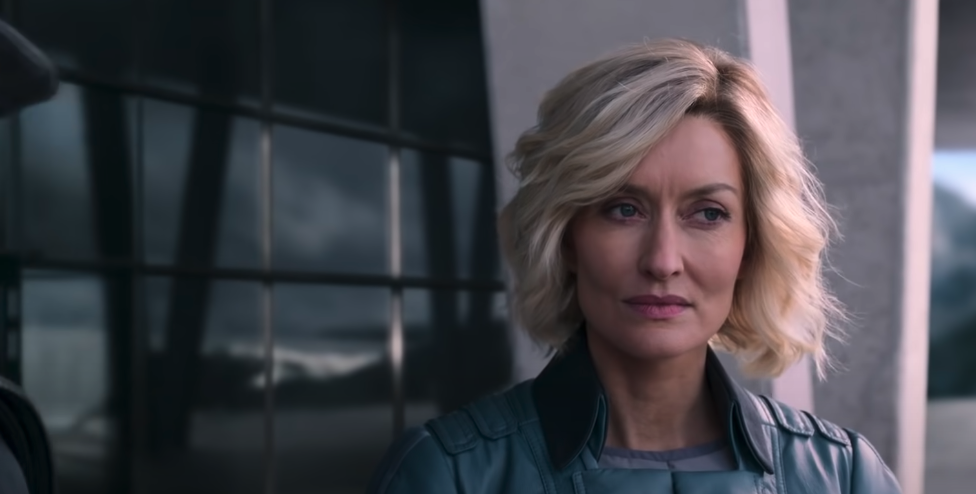
The show also focuses more on the Insurrectionists, who fought in a civil war against the UNSC before the Covenant became the galaxy’s biggest problem. This is an exciting change as it is one of the most fascinating aspects of the Halo universe that deserves more attention.
One change that might throw viewers off is the new Master Chief, played by Pablo Schrieber. Schrieber is best known for his role as Nick Sobotka on season two of The Wire, though his latest role is drastically different. It’s no secret Steve Downes will always be associated with Master Chief, giving Schrieber massive boots to fill. But he does an excellent job representing the characteristics of the helmeted hero Chief while also giving him a more human side, adding a new layer to the iconic character.
These changes might rattle a few cages, but they’re necessary. Creating a new timeline rewards the team behind the show creative freedoms that wouldn’t be available if it was a strict adaptation of the games. The first three Halo games were fantastic, but do we really need to see Halo 4 and 5? It is clear the new series is marching to its own beat, while also paying respects to the games and lore.
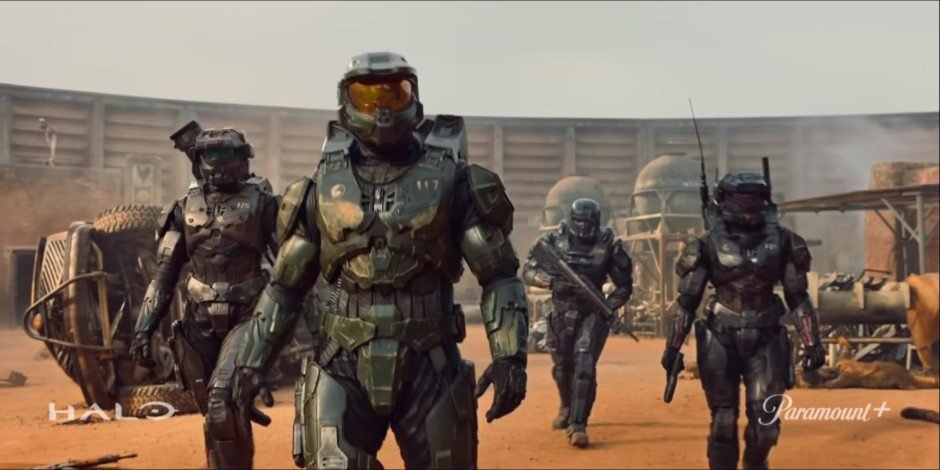
Season two has already been greenlit for the new show, and it is clear there are long-term plans for the show’s story. Some of the most important characters in the Halo franchise were only mentioned in the first episode, meaning plenty of content is still coming in the first season.
The first episode of the Halo series gives me hope that it will be a fun, exciting new chapter for Master Chief that pulls from the source material while also creating a fresh experience. They absolutely nailed the Halo vibes and action, and the groundwork is set for a story that I can’t wait to watch when the next episode drops.
Halo premieres on Paramount+ on March 24.



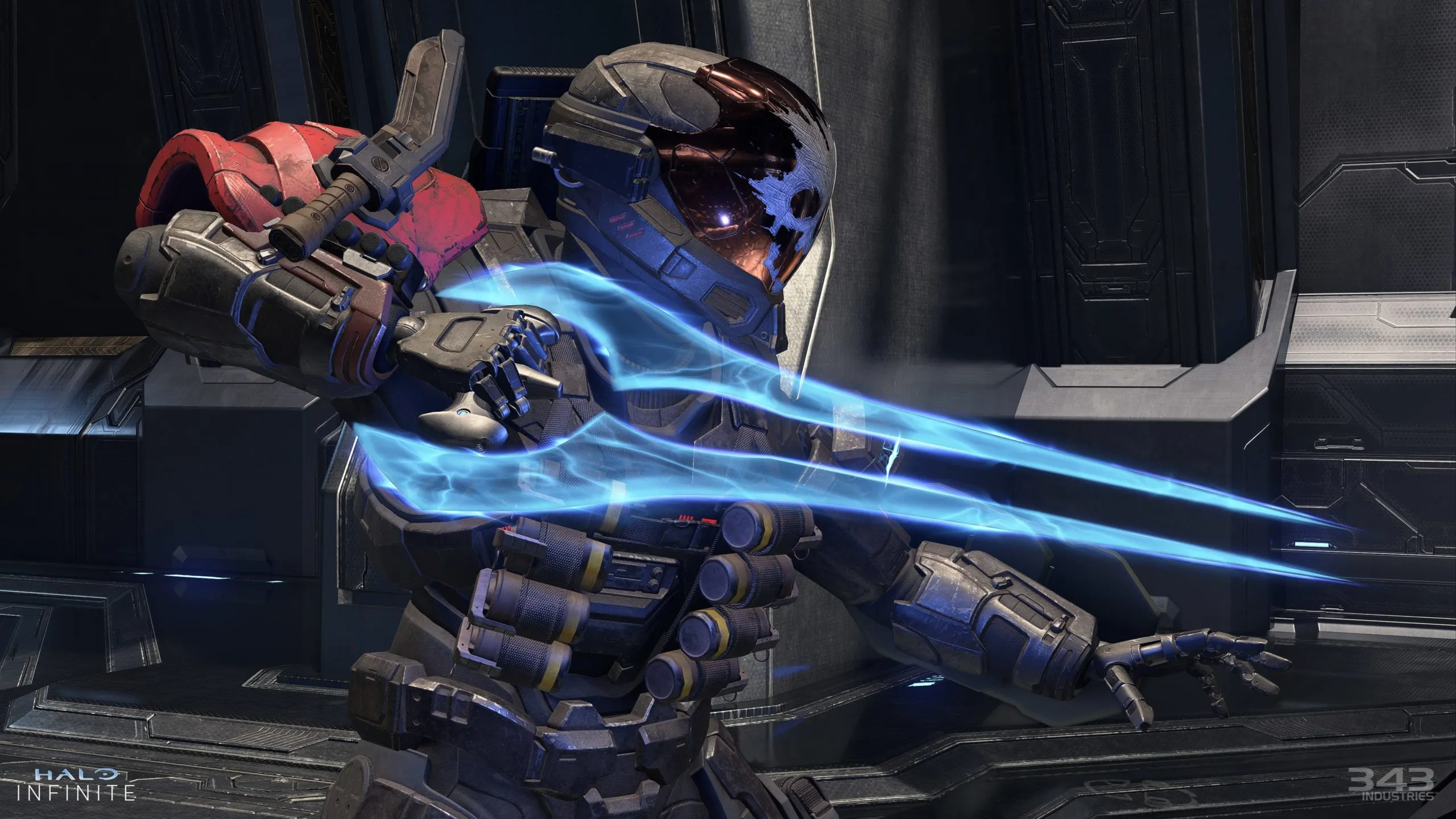
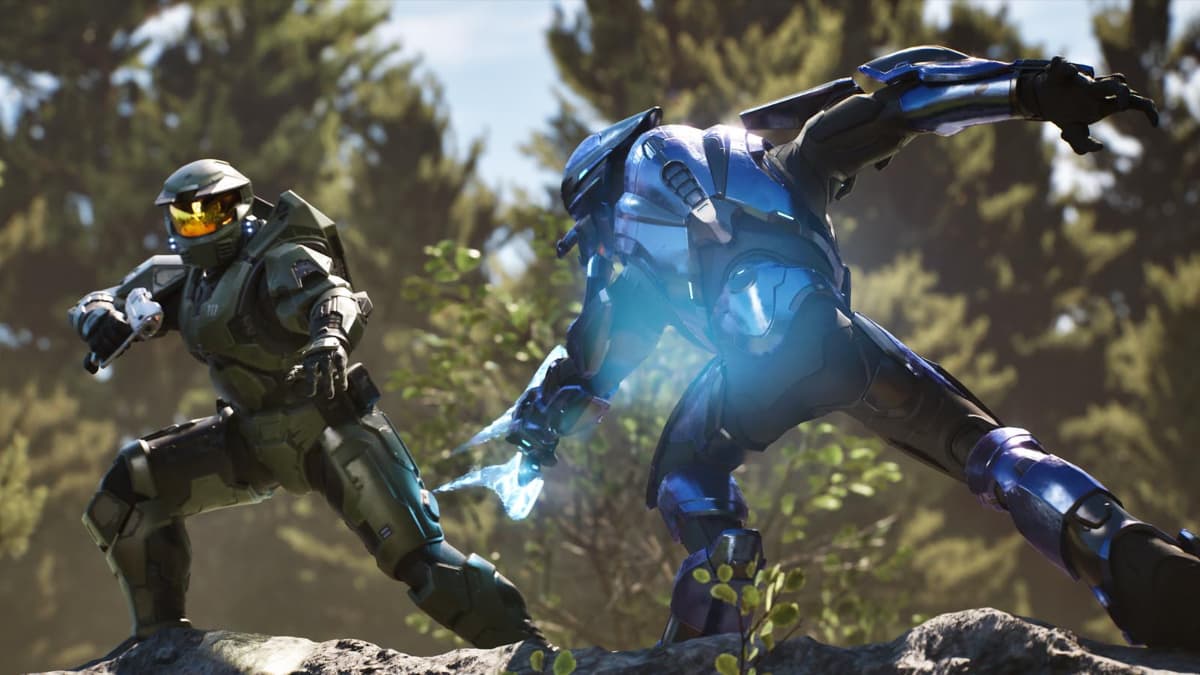
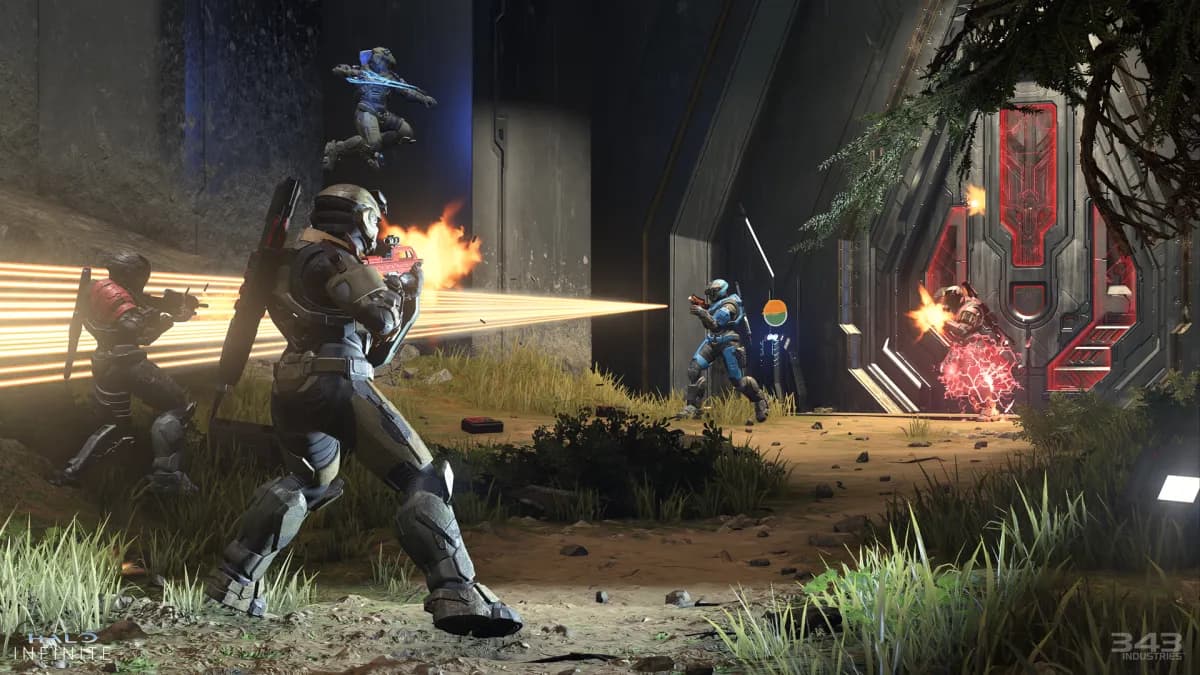
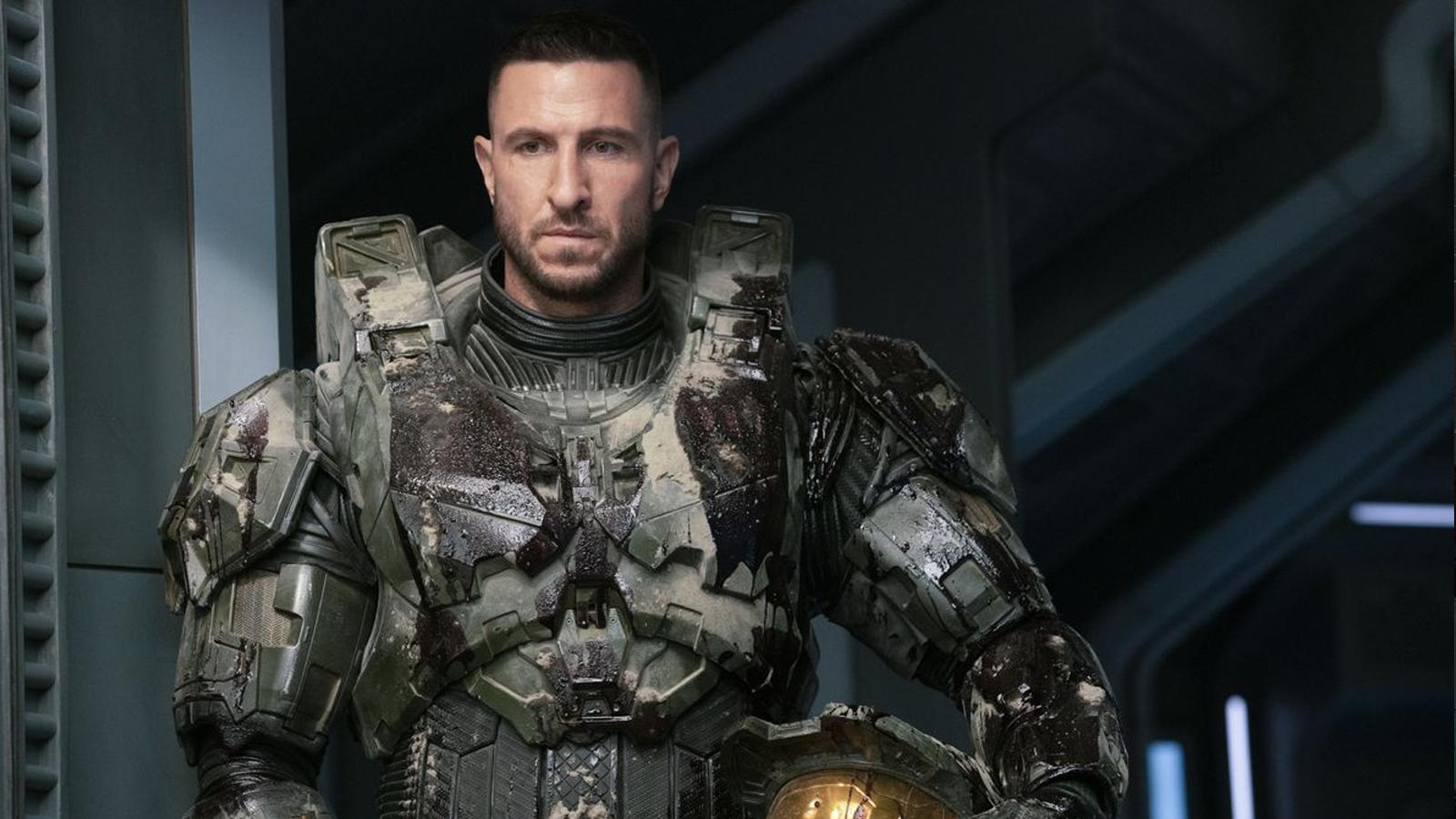
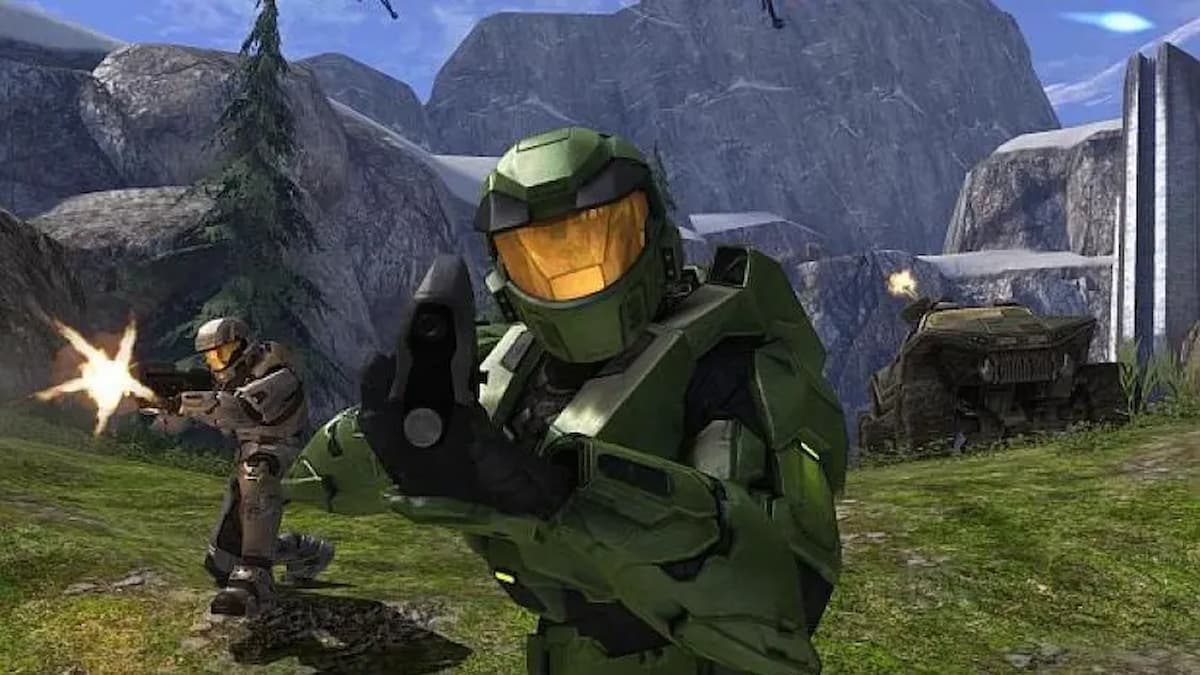
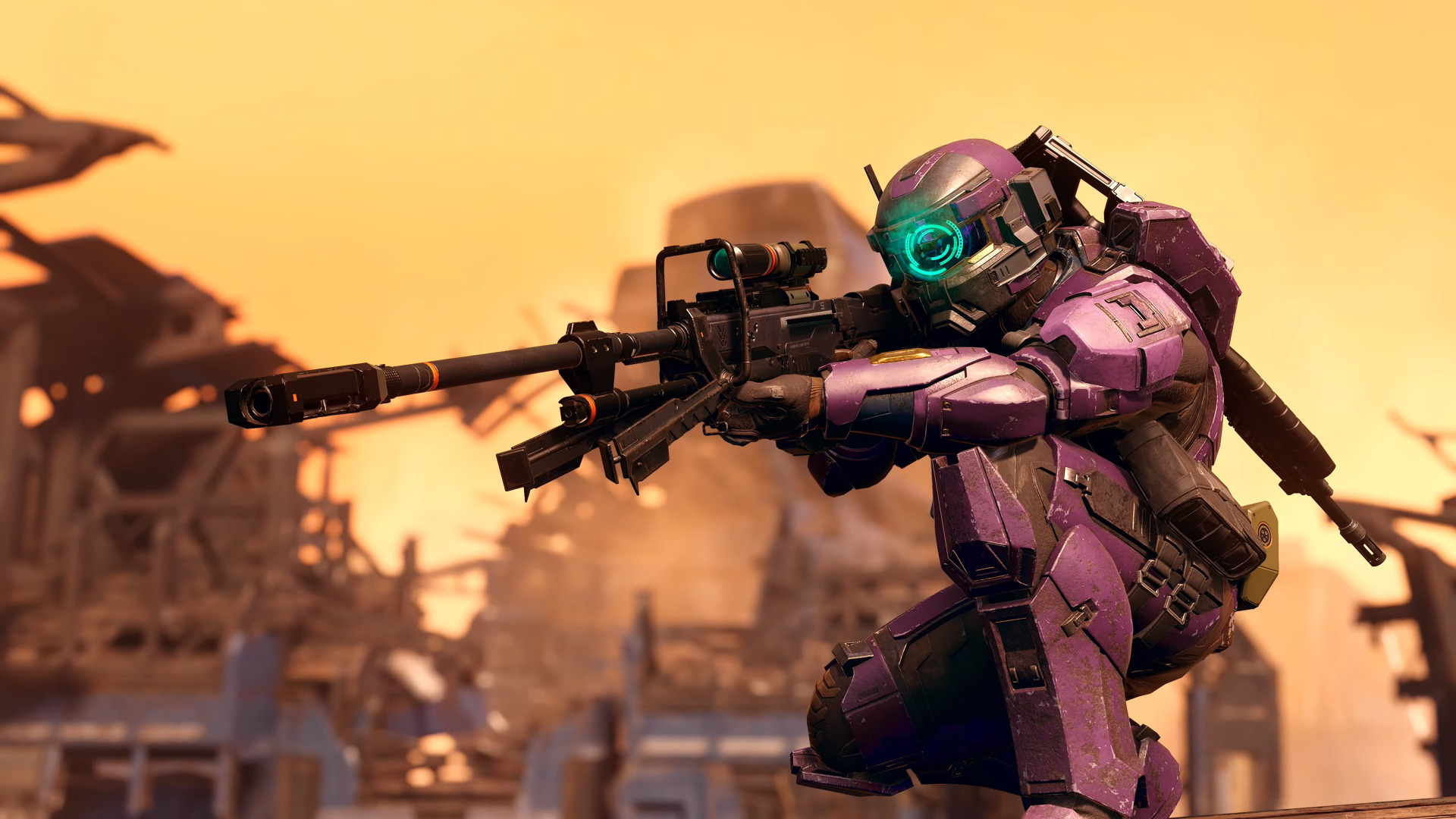
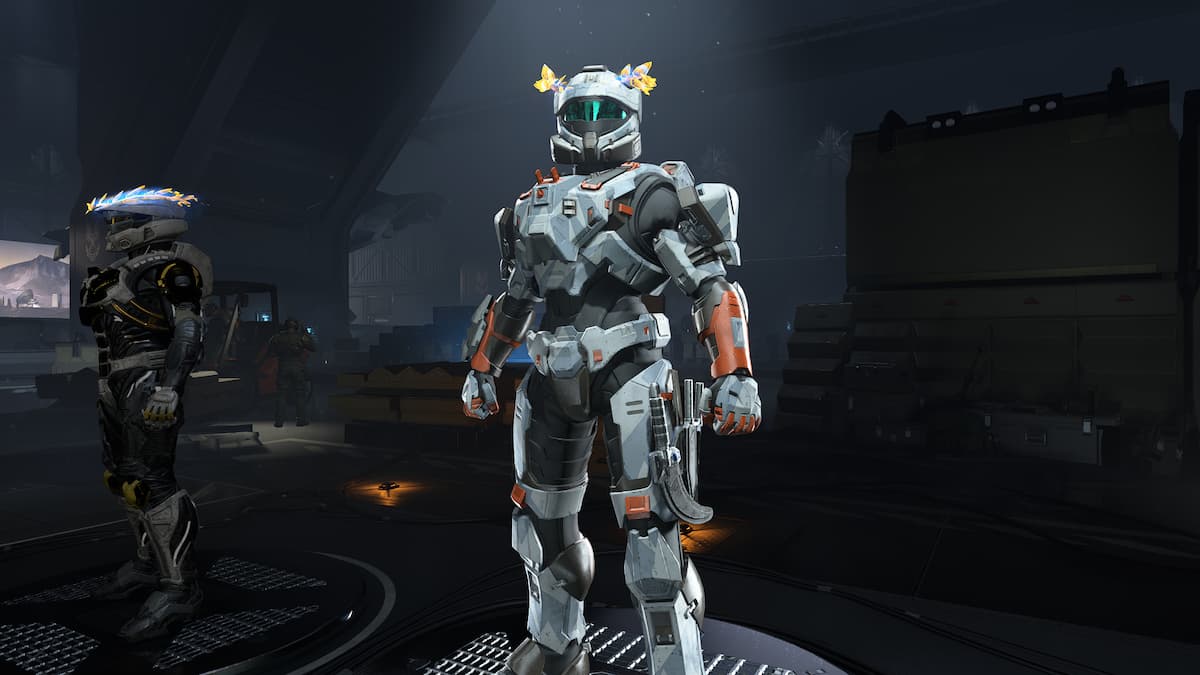
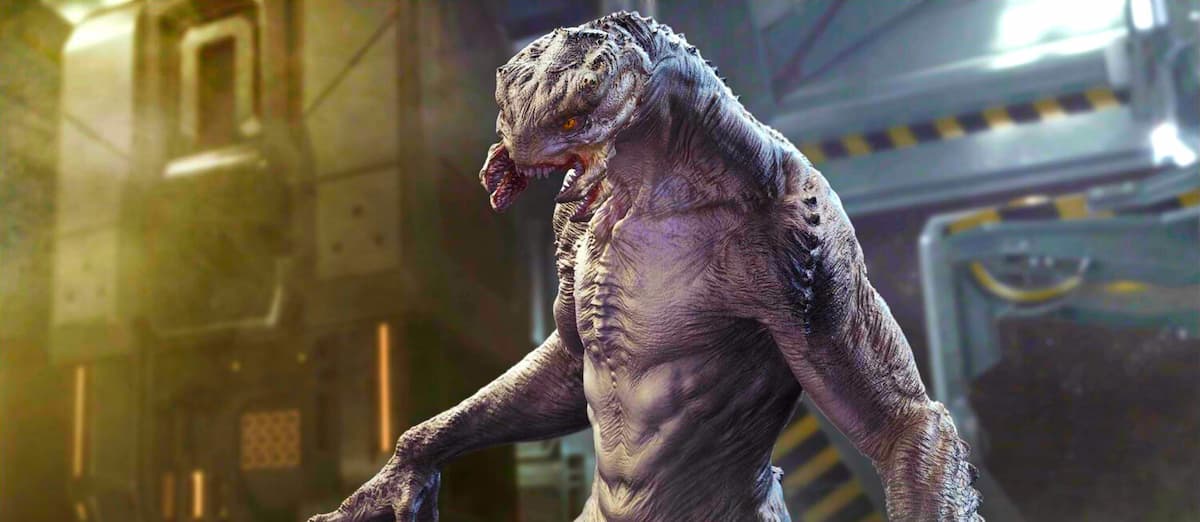
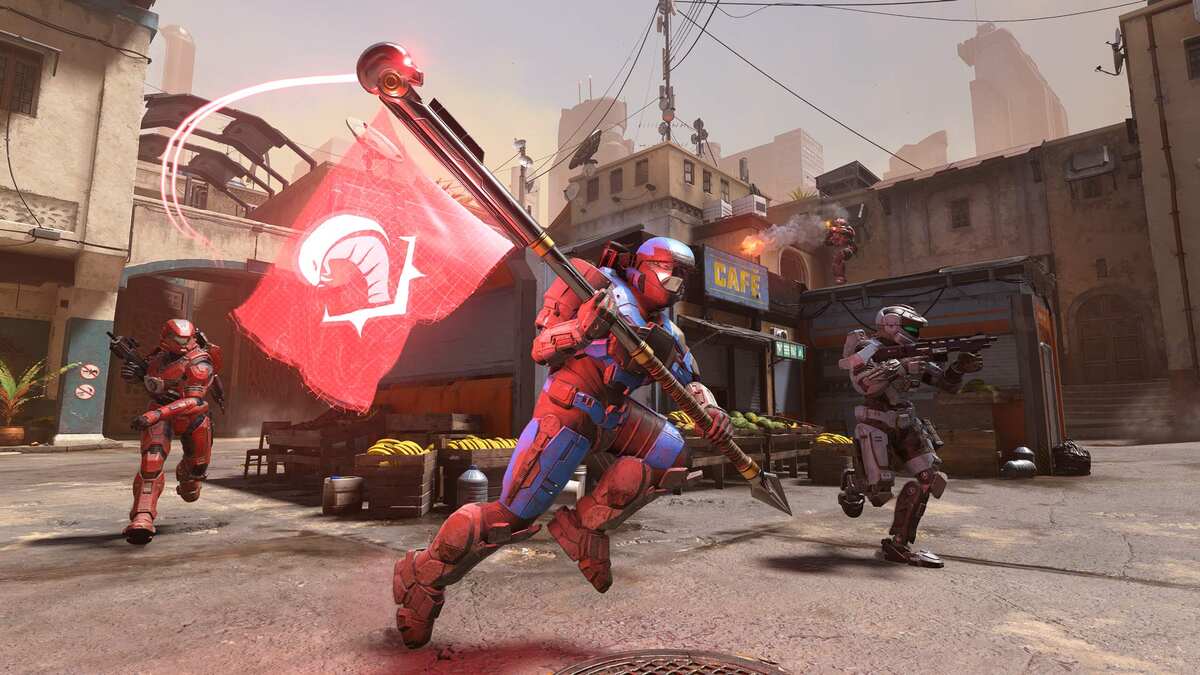

Published: Mar 14, 2022 08:24 pm